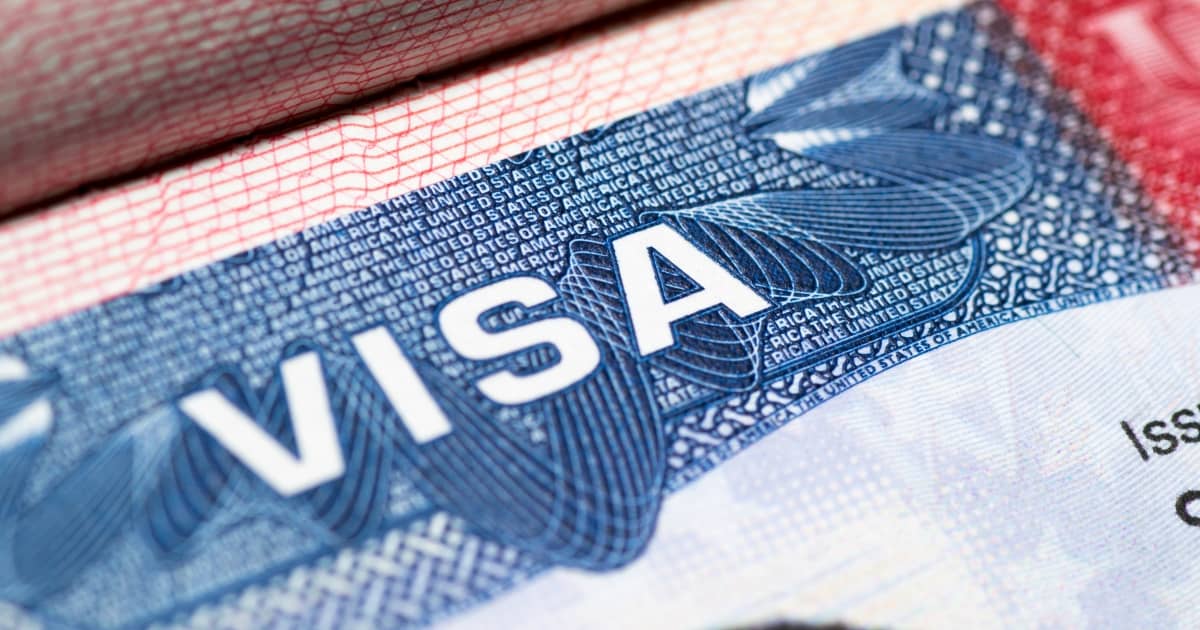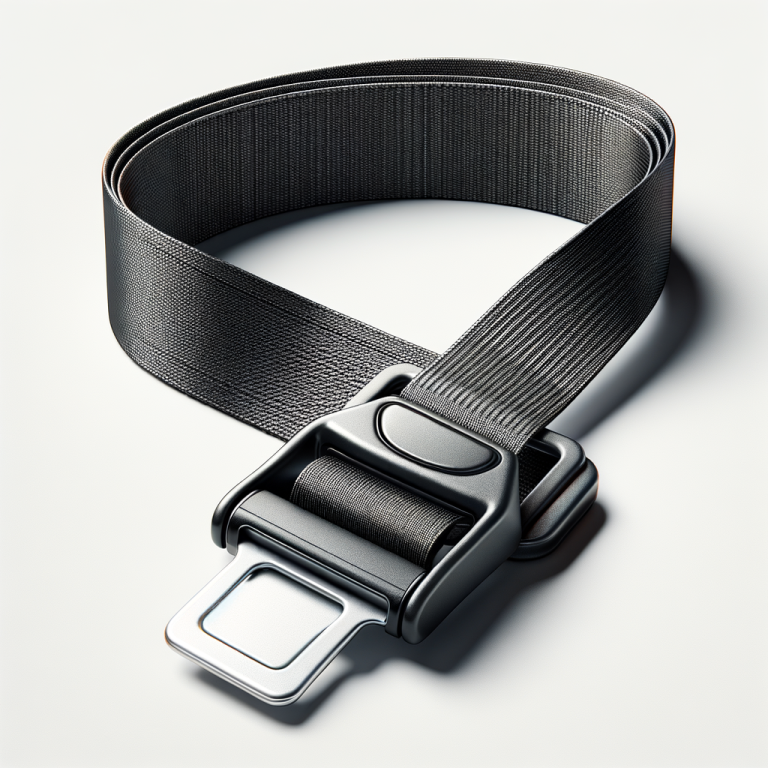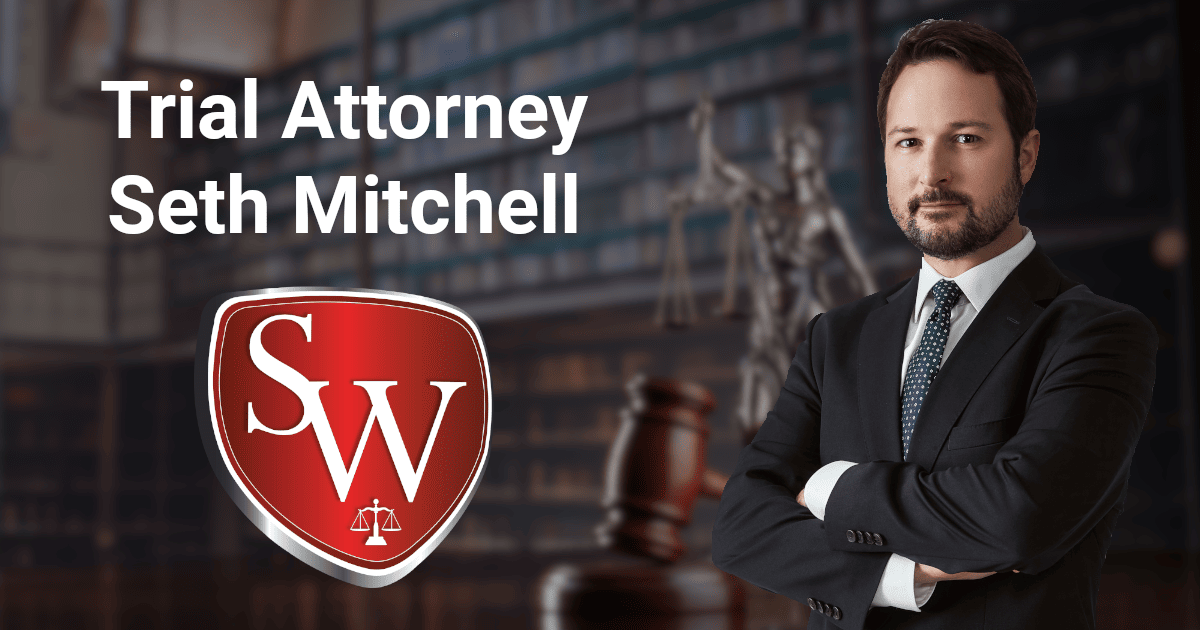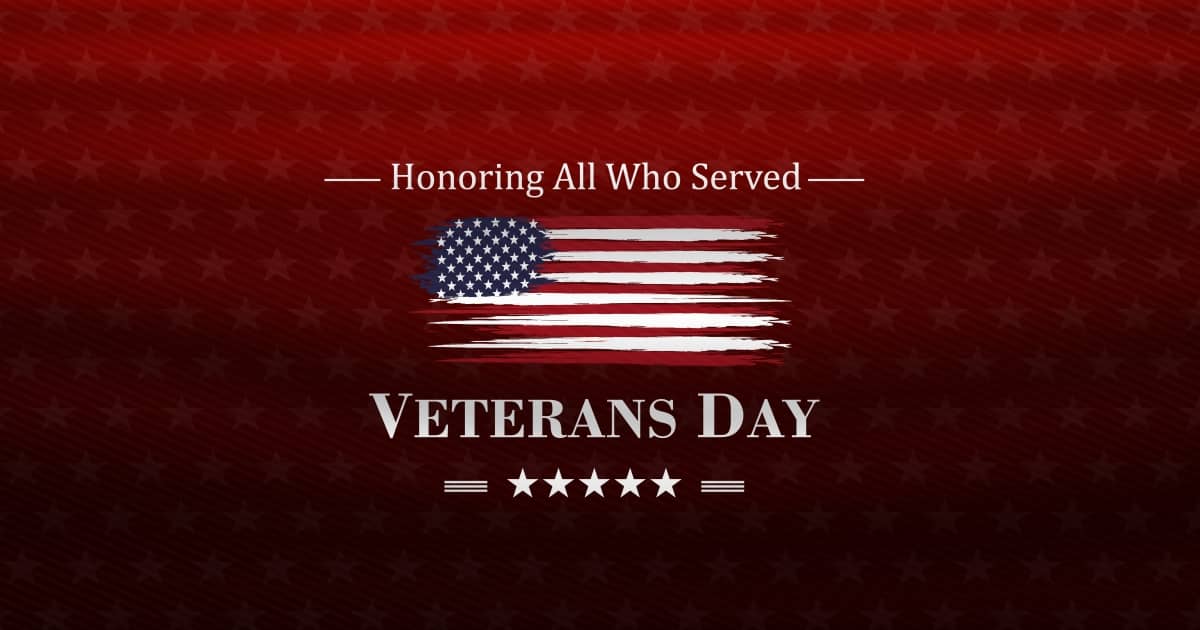[vc_row][vc_column][vc_column_text]L-1 visas, or intracompany transferee visas, are non-immigrant visas that allow companies to transfer certain employees to offices in the United States. Employees who are eligible for this visa are company executives and managers (L-1A) and employees with specialized knowledge (L-1B) who have been working at least one continuous year within the past three years for their company sponsor. L-1 visa holders can work for an existing affiliated company office in the U.S. or can be working to open a new office in the country.
Businesses must meet a few qualifications before applying for L-1 visas on behalf of their employees. First, the business must have a qualifying relationship with a foreign company; the business in the U.S. must be a parent company, branch, subsidiary, or affiliate company. The business must be doing business as an employer in both the United States and at least one other country for the duration of the visa. Businesses do not have to be engaged in international trade, but must be involved continuously in providing goods and/or services in the U.S. to qualify for L-1 status.
Workers can also be brought into the United States as an L-1 nonimmigrant by a business establishing a new office in the United States if the business has secured a premise for the new office. They must also be able to support an executive or managerial position within a year for L-1A visas or be able to properly compensate an employee with specialty knowledge and begin doing business for L-1B visas.
Companies can apply for an L-1 visa by filing USCIS form I-129, Petition for a Nonimmigrant Worker on behalf of the employees they wish to sponsor. Some companies are eligible to file for a blanket petition, allowing for the ability to quickly transfer workers to the U.S. The qualifications to be eligible for a blanket L certification are a bit stricter. The business must be engaged in commercial trade or services in all of its branches and subsidiaries, have an office in the U.S. that has been doing business for at least a year, and have three qualifying domestic and foreign branches and subsidiaries. The business must also meet have previously obtained 10 L-1 visas over the past 12 months, have a company combined annual sales in excess of $25 million, or have at least 1,000 workers in the United States.
The Law Offices of Scott Warmuth helps companies unravel the mysteries of the L-1 visa. Not only do our immigration experts explain what is necessary to secure an L-1 visa, we help with the paperwork too. For a free immigration consultation, call us today at 888-517-9888. We can help your international business thrive.[/vc_column_text][/vc_column][/vc_row]
Obtaining an L-1 Visa
Topics: Immigration
Dec 08th, 2021















